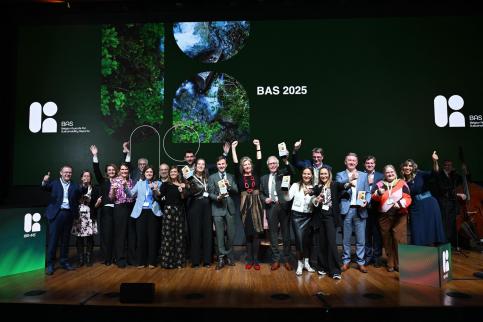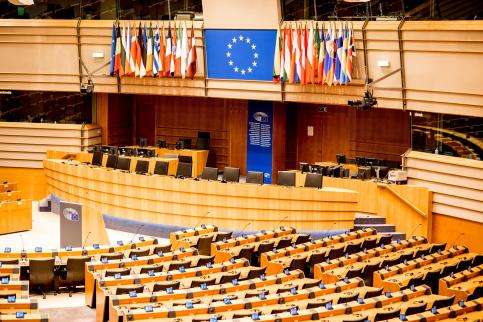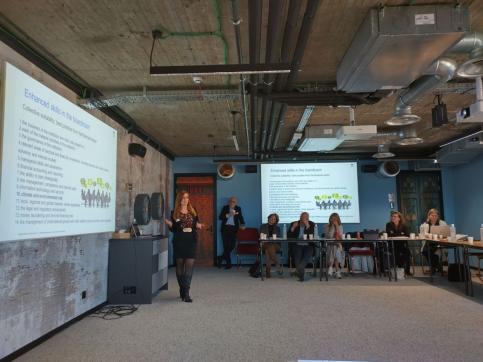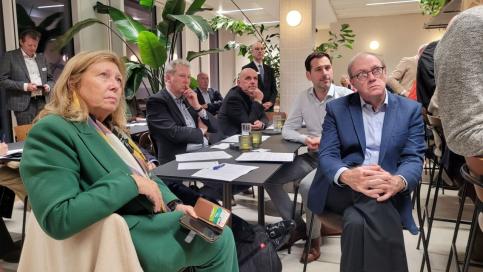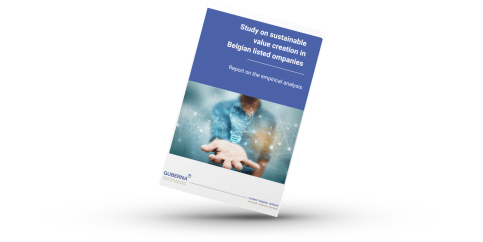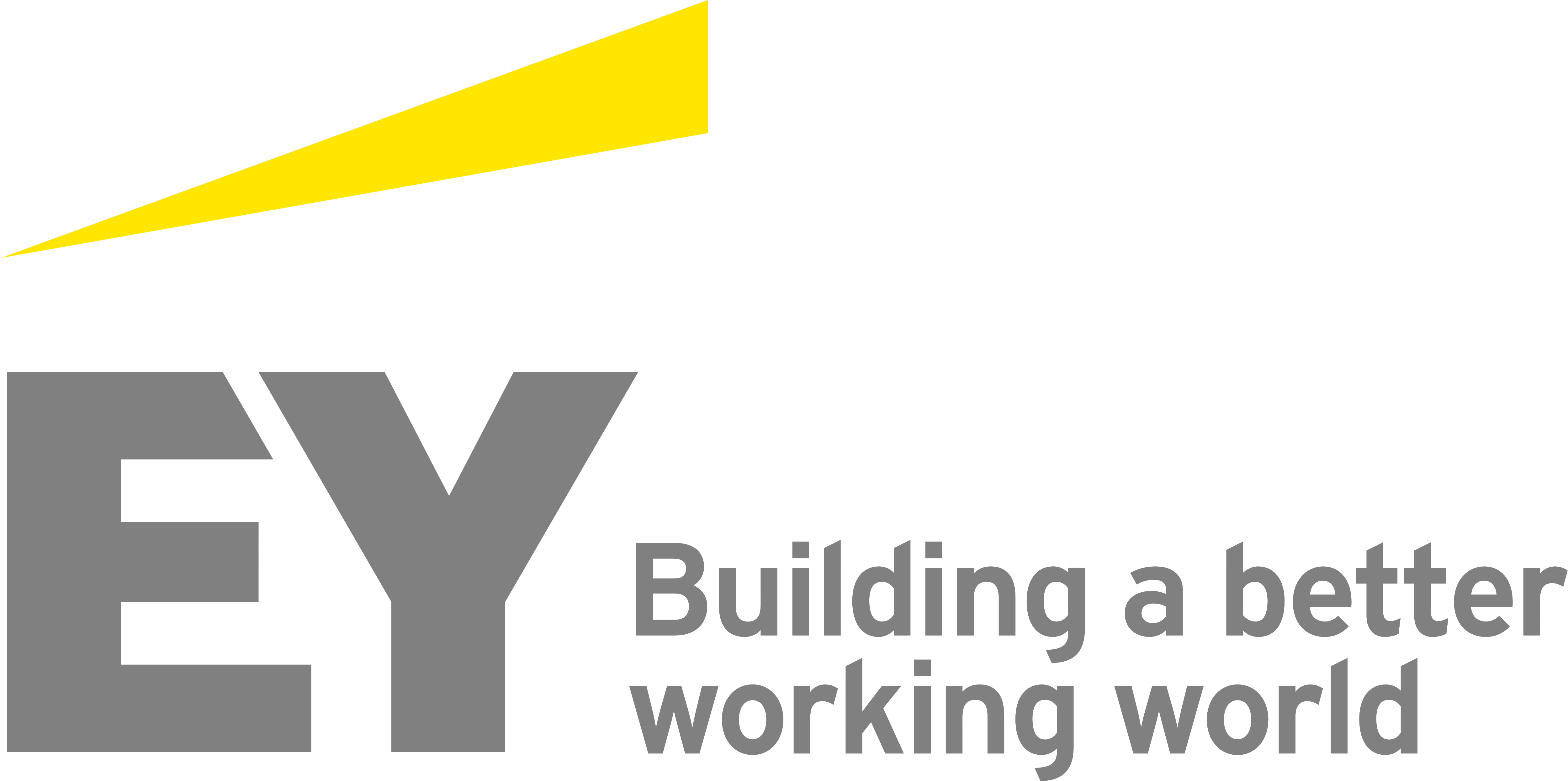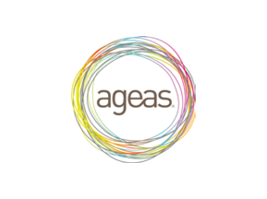Sustainability

Governance has always been a dynamic concept. With the exponential transformations in society today, good governance is needed more than ever. Increased parallel and interactive developments such as a more digital and interconnected society brings with it new ways of collaborating and a fundamental repositioning of human capital. At the same time a fundamental debate on the responsibility of corporations in society is being opened. At GUBERNA, we truly believe that better governance has a constructive role to play in the transformation of society, in terms of achieving an economically efficient, but also socially equitable and environmentally sustainable performance.
Within the framework of the SDGs or "sustainable development goals", to be achieved by 2030, companies play a decisive and growth-oriented role on the road to a sustainable world. Through GUBERNA’s mission it is clear that we want to have a positive impact on boards, on organisations and on society. Sharing best practices in the field of responsible governance lies at the heart of this mission and we hope, a source of inspiration for many decision-makers.
Governance inherently includes corporate social responsibility as well as ethical and effective leadership. The increasing pressure exerted by multiple stakeholders in terms of sustainable development highlights the role that a director could play in implementing changes that will affect the future of the organisation, but perhaps also the future of all of us.
We observe a rapid increase in the use of non-financial performance measures to decide whether or not to finance or invest in a company. Projects which are considered to have environmental or social risks that are too high consequently could be excluded from funding. The legislative landscape is also changing: EU law already requires large companies to disclose, in a consistent and comparable way, certain information on how they operate and manage social and environmental challenges. Smaller companies, related parties of the economic chain, are also affected by these measures. Companies that do not take these changes into account will become more vulnerable. Informed directors have therefore a strong interest in carefully monitoring these outbreaks; an enlightened governance can be decisive for getting new funding or partnerships.
Moreover, decisions of which the implications have not been carefully considered and concerted in sustainable societal and environmental terms, can ultimately prove to be very detrimental. This could impact the company's assets, which may result in a drop in sales or share value following boycotts or other punitive movements, or even loss of reputation.
The monitoring role of the board now should more systematically integrate the social and environmental responsibility dimension. Ultimately accountable to shareholders for the long-term stewardship of the company, the board of directors should be responsible for the long-term resilience of the company towards changes in the environment. Failure to do so may constitute a breach of the directors' duties. In this respect, directors’ duty of diligence, their right to information and to investigate to that end, will require an increased ability to question sustainable development.
As the new 2020 Belgian Code on Corporate Governance recommends: “The board should pursue sustainable value creation by the company, by setting the company’s strategy, putting in place effective, responsible and ethical leadership and monitoring the company’s performance. In order to effectively pursue such sustainable value creation, the board should develop an inclusive approach that balances the legitimate interests and expectations of shareholders and other stakeholders.”
Aligning stakeholders around a shared project could be a key factor for business success. Integrating sustainable development goals in organisations offers a remarkable asset for business leaders: a common language involving all stakeholders.
Implementing concrete actions that contribute to sustainable development may also be a lever for innovation, notably through innovative partnerships. Such partnerships most often involve collaborations between organisations with different operating modes (public/private, intersectoral,...) and require learning new ways of collaboration and co-creation. These new ways of thinking and acting together, can lead to new opportunities. The board plays an essential role not only in the strategic choice of the right partner, but also in the development of a partnership that is appropriate to the company's objectives, and in ensuring the resources required for its success.
From GUBERNA’s perspective, integrating sustainable development solutions can be challenging for the visionary capacity expected of a board and its leadership role. To empower its members in successfully facing these numerous challenges, GUBERNA specifically tackles the theme of Sustainability in 2020. We do so with a focus on behaviour-oriented content (through education programmes, thematic seminars and conferences, publications, etc), and in concomitance with the themes of Board Dynamics, Innovation and Resilience.
More specifically, convinced that they are a fundamental link in the social and economic system that surrounds us, we oriented our actions towards the social profit sector and SMEs by offering them tailor-made services. In an inclusive approach, we developed accessible membership packages to empower their answers to the governance challenges they are facing.
As pointed out in the Brundtland Report (UN Environment Commission 1987), we think that “Sustainable development must meet the needs of the present without compromising the ability of the future generations to meet their own needs”. To be part of the solution, we are also stepping up our efforts to raise awareness of good governance among young entrepreneurs and start-ups.
There is no one size fits all, each organisation has to define, within its purpose, the paths to follow for a relevant contribution to a sustainable society. As a dynamic community of governance actors, we also want to ‘walk our talk’. Within GUBERNA, we are therefore mapping our relevant contributions. Meanwhile, we are advancing in different domains and defining the priority sustainability factors for our organisation. For more information on these areas of progress, please see our Annual Report.
We are a living system, in a living environment. Let’s make the change we seek in the world.

